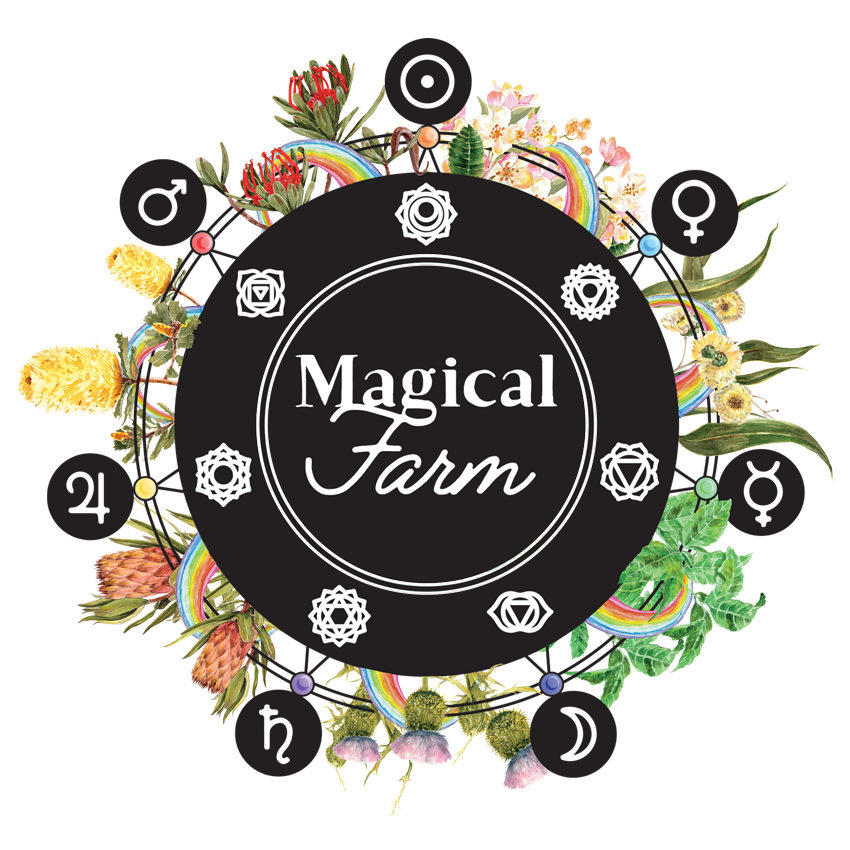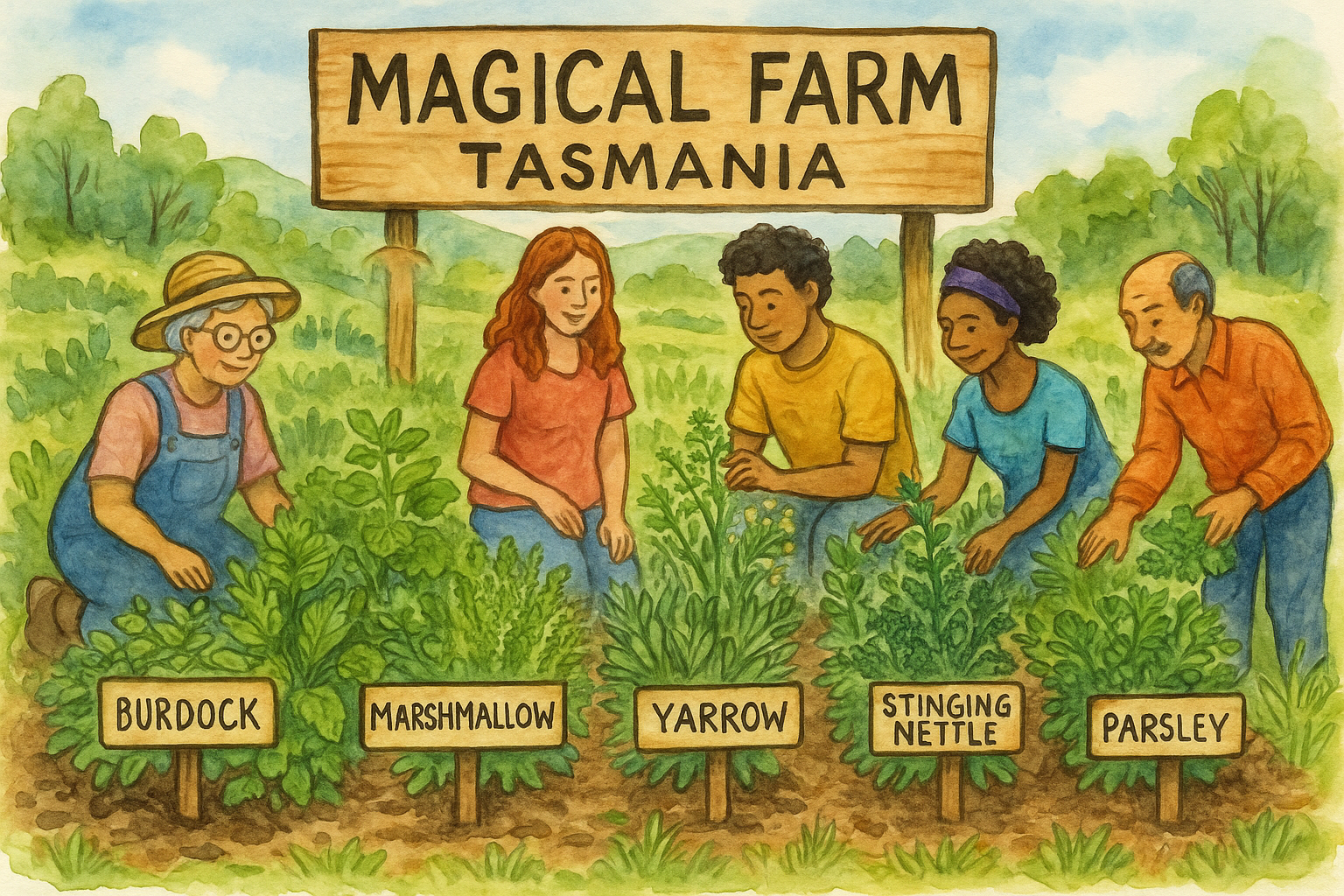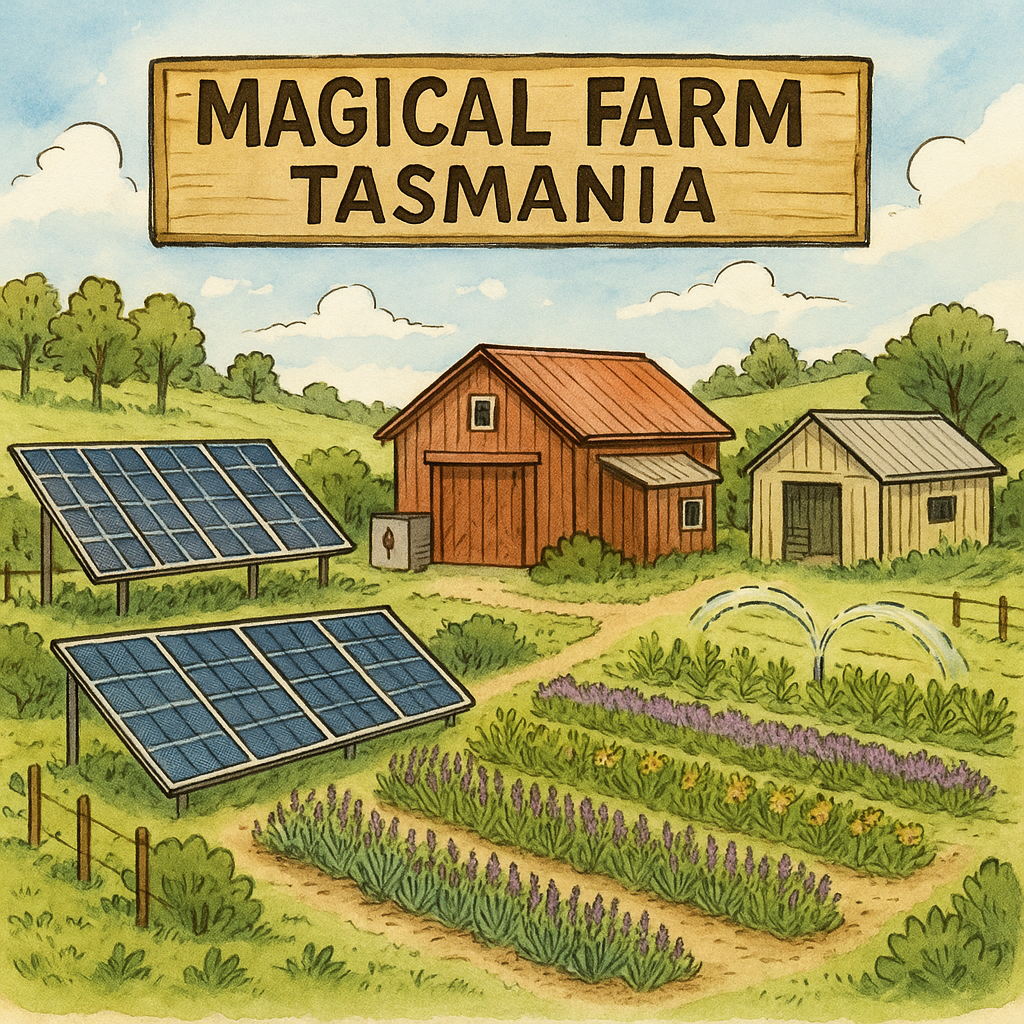By Dr Demeter | Emily Samuels-Ballantyne
More young people than ever are turning to the land to grow food, community, and hope, but our systems aren’t keeping up. They're seeking to reconnect with land, food and community by growing vegetables, herbs, starting micro-dairies, distributing eggs, replanting native species, and stewarding soil with care that goes beyond profit. They’re building regional economies that are diverse, creative, and deeply alive.
And yet, when it comes to government support, especially the Farm Household Allowance (FHA), these small-scale, regenerative, or community-rooted farmers are often invisible. The current design of the FHA assumes a version of farming that is large-scale, commercially focused, and conventional in structure. But that’s no longer the only, or even the most viable, model. The future lies in diversified, place-based farming systems that build resilience, not just yield. And it’s time our support systems caught up.
Why Small-Scale Farming Matters
Small-scale, regenerative farmers are the backbone of healthy ecosystems, vibrant communities, and local economies. They nurture biodiversity, rebuild soils, and create food systems rooted in care and connection rather than extraction and scale. Their work resists the industrial pressures that have fractured our landscapes and communities.
Yet, the Farm Household Allowance and many other support programs remain tethered to outdated definitions of “commercial viability”, often based solely on income thresholds and farm size. This excludes the very people who are pioneering new ways of farming: those who integrate culture, ecology, conviviality and community into their daily work.
Growing More Than Food
Having more people participate in the local food economy isn’t just good for human health, it creates vibrant, interconnected communities. When more farmers and growers can thrive, local food networks flourish: farmers markets buzz with life, food box schemes bring fresh produce to doorsteps, and community spaces become hubs for sharing, learning, and distributing food.
Local economies benefit too, because more people remain place-based and buying locally in their supply chain from coffee to compost. This decentralised approach builds resilience in our food system, reducing reliance on long supply chains vulnerable to disruption. It also keeps money circulating locally, strengthening regional economies and supporting small businesses. Supporting diverse farmers is supporting thriving communities.
A Call for Change
If we want to see young people empowered to live on and care for the land, government support must reflect the diversity of farming practices today. This means recognising and resourcing regenerative, small-scale, and community-oriented farmers, not just those running large-scale commercial enterprises. Policy must evolve to measure success not just in dollar terms, but in ecological health, social wellbeing, and cultural vitality. Our regions deserve support that honours all those working to regenerate land, build community, and nourish future generations.
✨ Magical Farm Rosemary Demeter’s Drop
For clarity, courage, and rooted action in the face of systemic obstacles. Handcrafted in Tasmania from herbs grown on our vibrant farm, this drop supports young farmers and community pioneers to stay grounded, resilient, and visionary as they nurture land, community, and local economies. Take it when you need courage to step forward and create meaningful change.
→ Order Rosemary Demeter’s Drop
✨ Full Set Offering
The Magical Farm Alchemy Set
For those who wish to journey deeper, this complete set of 17 Demeter’s Drops is handcrafted in Tasmania from herbs grown in our fresh, vibrant landscapes, infusing each drop with the life and rhythm of the land. Serving as your compass through the seasons of life, each drop supports integration, clarity, protection, and heartful action, creating a tapestry of living medicine to guide and harmonise body, mind, and spirit. Explore the full set and carry the farm’s magic, grounded in Tasmanian soil, wherever you go.
→ Order The Magical Farm Alchemy Set



